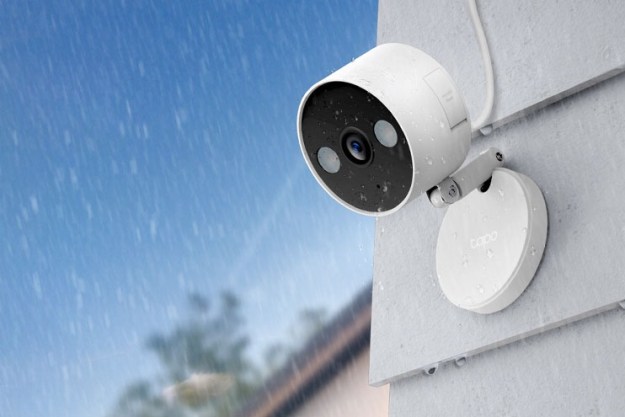Following immediately on its settlements with Texas and California, music label Sony BMG has agreed to pay some $4.25 million as part of settlement agreements with 39 U.S. states and the District of Columbia regarding copy protection software included on some of the labels music CDs which caused computers to malfunction and exposed users to security threats.
The terms of the agreement are similar to earlier settlements with Texas and California, with Sony BMG paying up to $175 to customers who can substantiate damage to their computer through using Sony BMG music CDs; Sony BMG will publish the consumer claims process on its Web site. Thirteen of the 39 states—the ones which started the settlement process—will each receive $316,538 to cover legal costs and penalties. The other remaining states will receive $5,000 apiece. The settlement process was spearheaded by Massachusetts Attorney General Tom Reilly; other states participating include Alabama, Alaska, Arizona, Arkansas, Connecticut, Delaware, Florida, Idaho, Illinois, Indiana, Iowa, Kentucky, Louisiana, Maine, Maryland, Michigan, Mississippi, Montana, Nebraska, Nevada, New Jersey, New Mexico, New York, North Carolina, North Dakota, Ohio, Oklahoma, Oregon, Pennsylvania, Rhode Island, South Dakota, Tennessee, Vermont, Virginia, Washington, West Virginia, Wisconsin, and Wyoming.
“Consumers do not expect music CDs to contain hidden software which could expose their computers to viruses and other security risks,” said Attorney Genreal Reilly. “If companies want to use technology to protect their interests, they need to be up-front with consumers, and give consumers the opportunity to make informed choices about buying and using these products.”
If approved, the settlement will close out the states’ investigations into the XCP and MediaMax copy protection software Sony BMG included on some of its music titles.


